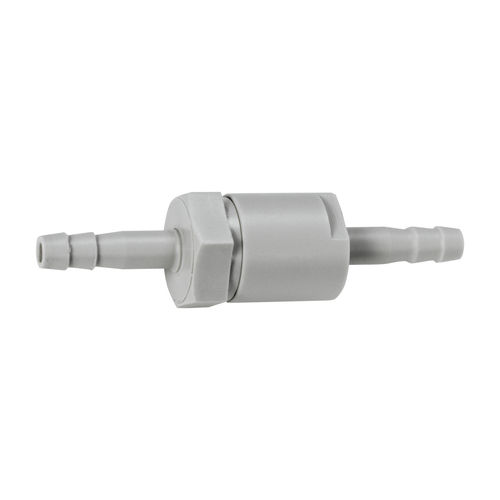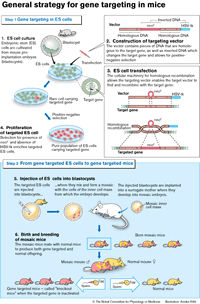New angle on gecko research
Scientists discover trigger that deploys geckos' amazing grip
Advertisement
Geckos are very adept at climbing through difficult terrain using an intricate adhesive system. Until now it has not been known when and how they switch on their unique system of traction.
Scientists at the University of Calgary and Clemson University in South Carolina have discovered that the geckos' amazing grip is triggered by gravity.
"Geckos use microscopic, hair-like filaments to attach to surfaces. Only at certain angles do they switch on their traction system, however," says Russell, a biological sciences professor at the U of C. "We are trying to understand this process, which will help in mimicking it for application to robotics."
Geckos have long been known for their remarkable abilities to move on smooth surfaces such as glass. This study adds a new angle to previous research: geckos must be on an incline in order to trigger the deployment of their adhesive system.
"Much has been learned in recent years about the mechanism by which clinging takes place, but little is known about how geckos determine when to use this ability," says Higham, a former U of C student and now an assistant professor of biological sciences at Clemson. "We show that perception of body orientation determines when the adhesive system is switched on."
The scientists discovered that the tipping point which turns on the gecko's adhesive system is 10 degrees. Three of the six geckos studied applied their adhesive system on a 10 degree slope. At 30 degrees all six applied the system. The three that applied the traction at 10 degrees slowed down, the three that didn't were much quicker.
"There are costs, in terms of speed, and benefits, in terms of traction, associated with this switch just as there are for Formula 1 cars when rain tires are employed instead of slicks when circumstances place a premium on grip over outright speed," says Russell.
In the case of the geckos, the intricate way that the toes are used in order to achieve the grip necessary to climb is responsible for slowing them.
Russell and Higham are both evolutionary biologists and study animals in their natural environment as well as in the lab. Insights gained through basic research assist them in designing experiments through an appreciation of how evolution has crafted its own solutions to complex problems.
The goal of Russell's research is to try to understand this complex traction system and to apply this knowledge to the development of commercial applications.
The results could be used in such areas as space exploration, medical procedures, military applications such as bomb disposal, and purposes as simple as hanging pictures on walls.
Original publication: Anthony Russell and Tim Higham; "A new angle on clinging in geckos: incline, not substrate, triggers the deployment of the adhesive system"; Proc. R. Soc. B, published online before print August 5, 2009
Most read news
Other news from the department science
These products might interest you

Get the chemical industry in your inbox
By submitting this form you agree that LUMITOS AG will send you the newsletter(s) selected above by email. Your data will not be passed on to third parties. Your data will be stored and processed in accordance with our data protection regulations. LUMITOS may contact you by email for the purpose of advertising or market and opinion surveys. You can revoke your consent at any time without giving reasons to LUMITOS AG, Ernst-Augustin-Str. 2, 12489 Berlin, Germany or by e-mail at revoke@lumitos.com with effect for the future. In addition, each email contains a link to unsubscribe from the corresponding newsletter.
Most read news
More news from our other portals
Last viewed contents

Trimec Europe Ltd - Haywards Heath West Sussex, United Kingdom

New Separation Science Slam exceeds all expectations

BASF Schwarzheide GmbH - Schwarzheide, Germany

Mexichem S.A.B de C.V. - Tlalnepantla, Mexico

Bang & Bonsomer Group Oy - Helsinki, Finland

BASF Dominicana, S.A. - Saint Domingue, Dominican Republic

Bausch+Ströbel GmbH + Co.KG - Ilshofen, Germany




































































